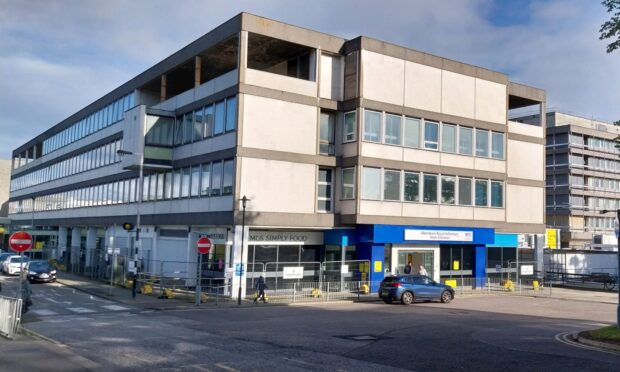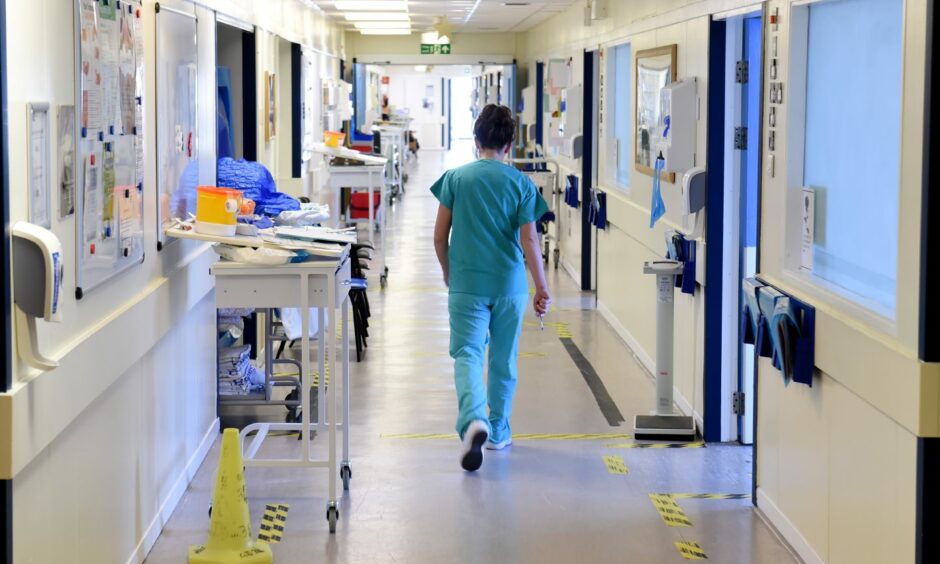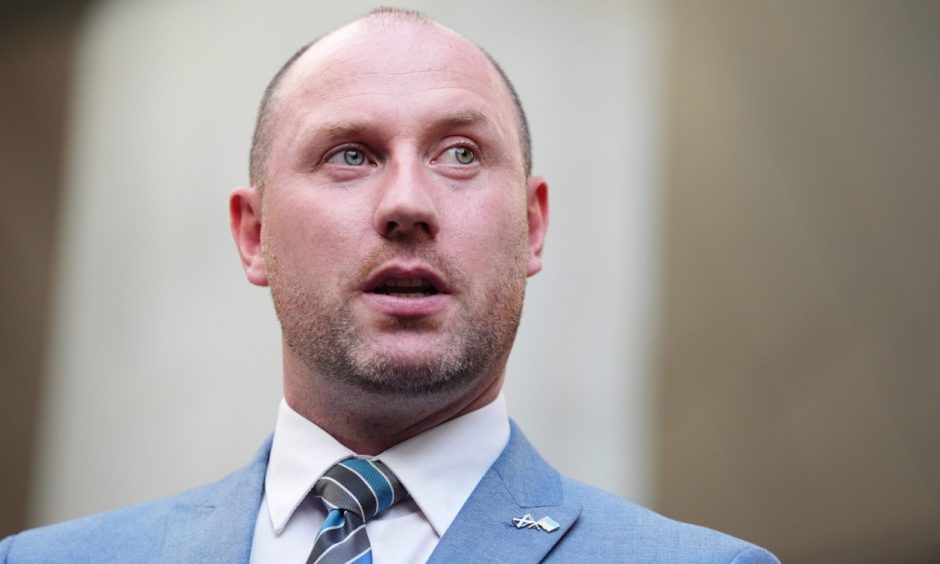NHS Grampian patients face the longest waits in Scotland for starting treatment within a crucial one-month target.
The region is also second worst on the mainland for the longer two-month waiting target.
Official Public Health Scotland figures show that between April and June, just over 89% of cancer patients were seen within 31 days from the decision to treat.
A total of 88 patients did not receive their first treatment within this timeframe.
The longest wait to be seen was 100 days, but the average was three days.
This is the worst performance in Scotland with the health board one of only two not to meet the 95% target in the latest quarter.
‘Appalling’
North East MSP Tess White described the figures as “appalling” and accused Health Secretary Neil Gray of “failing to get to grip” with the crisis.
She said: “Everyone knows somebody who has been diagnosed with cancer and starting treatment as quickly as possible is crucial to patients’ chances of survival.”
Meanwhile, NHS Grampian cancer patients also experienced the second highest waits in mainland Scotland for starting treatment within two months.
Just over 60% of cancer patients in the region received their first treatment within the 62-day target, marginally ahead of Tayside’s performance.
This means 183 patients – well over a quarter of patients – were left waiting longer than two months from the point at which an urgent referral is made for suspected cancer.
One Grampian patient faced a wait of 298 days from referral to treatment, but most patients were left waiting on average 54 days.
We revealed in June the stark difference in waiting times for urgent breast cancer referrals in Grampian compared to a central belt health board.
Hundreds of breast cancer patients in the north-east have had to travel 120 miles to Forth Valley Royal Hospital near Falkirk in a bid to cut waits.
‘Breaking point’
In the report by Public Health Scotland, NHS Grampian say diagnostic capacity “continues to be a challenge”, particularly in radiology, endoscopy and urology, where “demand outweighs available capacity”.
Delayed discharges from hospital are also impacting bed capacity and turnaround for planned care activity.
An NHS Grampian spokesman said: “We want to acknowledge our performance against both the 31- and 62-day targets is not where we want it to be.
“Behind these numbers are real people who want their care and treatment delivered as quickly as possible. “We are working to reduce longer waiting times and towards meeting the national targets.
“We hope to see incremental improvements in the months ahead.”
Mr Gray said the Scottish Government has committed £11.3 million to help reduce cancer waits.
An extra £30m has been allocated to reduce national backlogs and waiting lists with more than £1.2m directed towards diagnostics and treatment for patients referred with an urgent suspicion of cancer.
He added: “We’re treating more patients with cancer on time within both standards compared to 10 years ago. Despite this, there will always be instances where some patients wait longer depending on their health, complexity of disease and agreed treatment plan.”



Conversation